HER3-DXd Promotes Clinical Activity in MBC at Varying HER3 Expression Levels
Women with metastatic breast cancer (MBC) with varying HER3 expression levels who had previously received multiple lines of chemotherapy and endocrine therapy responded well to the antibody drug conjugate HER3-DXd, according to research from the ASCO 2023 Annual Meeting.
In the first part of a three-part phase 2 trial, researchers evaluated 60 patients with MBC who received HER3-DXd, assessing the relationship between biomarker expression and progression-free survival at 6 months using pre-treatment tissue from patients. In total, the median treatment duration was 5.2 months, with 21 patients at data cut-off still receiving treatment.
Patients were included in the trial if they had 1) triple negative breast cancer and received between one and three prior lines of chemotherapy or 2) HER2-negative MBC and received up to two prior chemotherapy and prior endocrine therapy lines as well as a CDK4/6 inhibitor.
The median age of patients was 57.5 years old, 98.3% were women, and patients received a median five lines of therapy. In the first part of the trial, 32% of patients had triple negative breast cancer, 48% had HR positive breast cancer, 48% had liver metastases, and 32% had lung metastases.
Overall, 47 patients (78%) had HER3 membrane expression samples available; of these, 64% patients (n = 30) showed HER3 expression ≥75%, 28% (n = 13) had HER3 expression between 25% and 74%, and 8% (n = 4) had less than 25% of HER3 expression.
The researchers found an ORR of 35% (95% CI, 23.1-48.1%) and a CBR of 48% (95% CI, 35.2-61.6%). For patients with HER3 expression of 75% or higher, the ORR was 33% and the CBR was 50%. Among patients with HER3 expression between 25% and 74%, the ORR was 46% and the CBR was 54%. However, the researchers noted the 4 patients with HER3 expression under 25% limited the ability to perform an assessment of efficacy.
Regarding secondary outcomes, the researchers found a median DOR of 10 months. At 6 months, the PFS was 60% overall, 50% for patients with HER3 expression of 75% or higher, and 70% for patients with HER3 expression between 25% and 74%.
Treatment-emergent adverse events occurred in all patients, with 93% of patients having a treatment-related adverse event and 32% having a grade 3 or higher treatment-related adverse event. Of the 7 patients who had a serious adverse event occur during the trial, 4 patients experienced a related serious adverse event such as interstitial lung disease, nausea/vomiting, pneumonitis, or thrombocytopenia.
Dose interruptions related to an adverse event occurred in 23% of patients, and dose reductions occurred in 15% of patients. There were 3 deaths in the trial, with 2 deaths not related to the treatment and 1 death from an unknown cause.
“HER3-DXd had an acceptable safety profile, and the data further confirm the clinical activity in MBC in heavy [pre-treated] MBC across the broad range of HER3 expression levels. Parts B and Z are ongoing and data from this report support the potential entry of HER3-DXd into the therapeutic paradigm in MBC,” according to Erika P. Hamilton, MD, of the Sarah Cannon Research Institute, Nashville.
--
References:
Disclosures: Some authors declared financial ties to drugmakers. See full study for details. This study was supported by Daiichi Sankyo.
Photo Credit: Getty Images.
By Jeff Craven, MD /alert Contributor



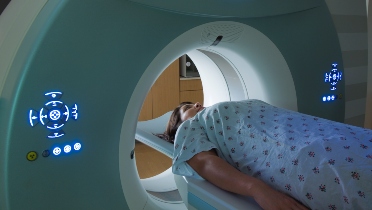
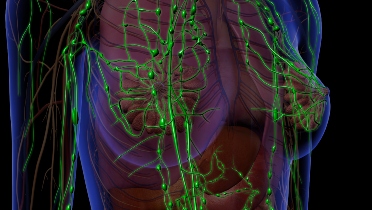
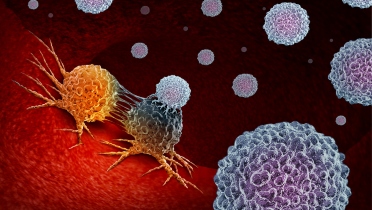



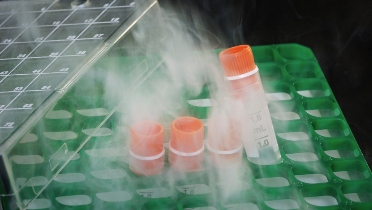
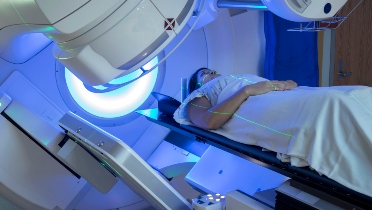




.jpg)

.jpg)

.jpg)
.jpg)
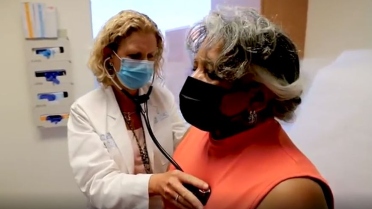
.jpg)

.jpg)
.jpg)
.jpg)
.jpg)
.jpg)

.jpg)
.jpg)
.jpg)
.jpg)
.jpg)
.jpg)


.jpg)
.jpg)
.jpg)
.jpg)
.jpg)
.jpg)
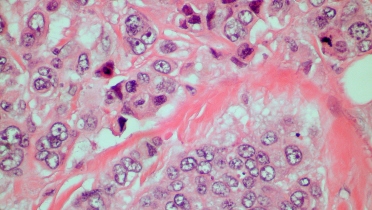
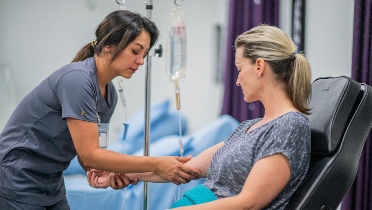
.jpg)
.jpg)

.jpg)
.jpg)
.jpg)
.jpg)
.jpg)
.jpg)
.jpg)

.jpg)
.jpg)
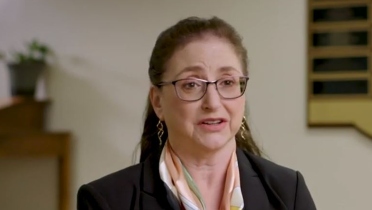
.jpg)
.jpg)
.jpg)
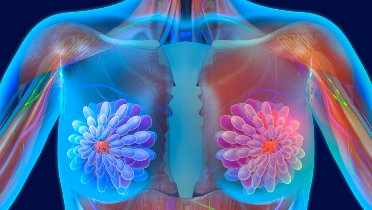

.jpg)

.jpg)


.jpg)
.jpg)
.jpg)
.jpg)
.jpg)
.jpg)

.jpg)
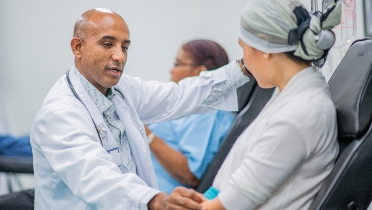
.jpg)
.jpg)
.jpg)
.jpg)
.jpg)
.jpg)
.jpg)

.jpg)
.jpg)

.jpg)
.jpg)
.jpg)
.jpg)
.jpg)
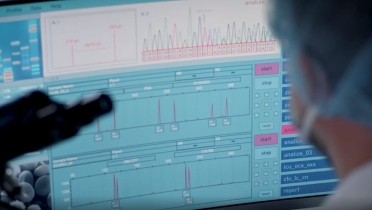
.jpg)
_.jpg)
.jpg)
.jpg)
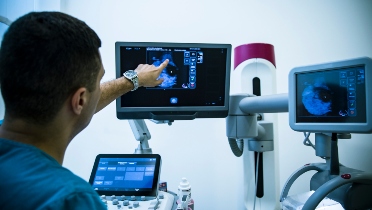
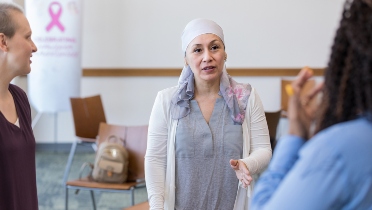
.jpg)
.jpg)
.jpg)

.jpg)
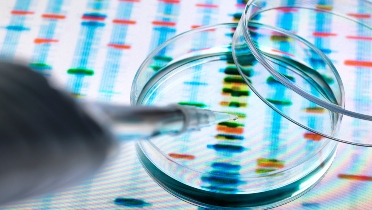
.jpg)
.jpg)
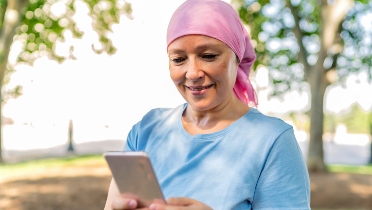

.jpg)

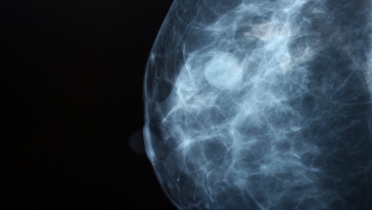
.jpg)
.jpg)


.jpg)
.jpg)
.jpg)
.jpg)
.jpg)
.jpg)
.jpg)
.jpg)
.jpg)
 Featured Breast Cancer Videos
Featured Breast Cancer Videos.jpg)